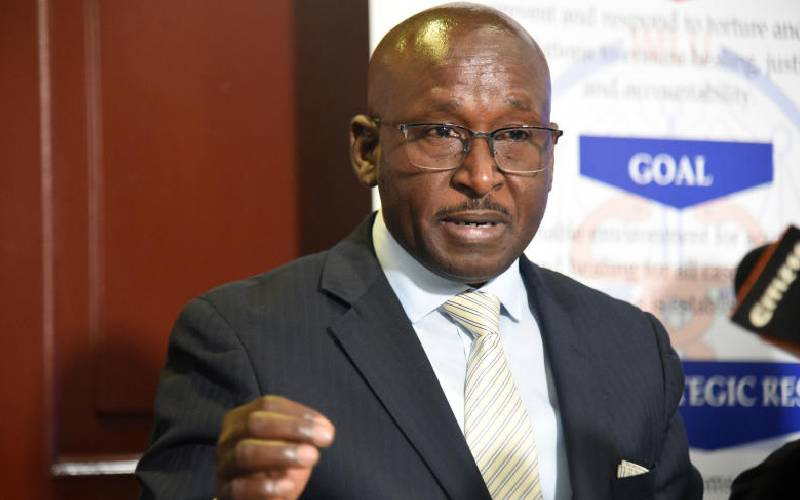×
The Standard e-Paper
Fearless, Trusted News

Most established human rights organisations can trace their origins to simple, humble beginnings when the urgency to do something outweighed the risk.
Passion preceded resources and fire in the belly was more important than cash in the bank. This year, the Independent Medico Legal Unit (IMLU) celebrates 30 years of service to victims of torture and human rights abuse.